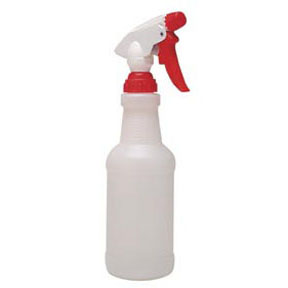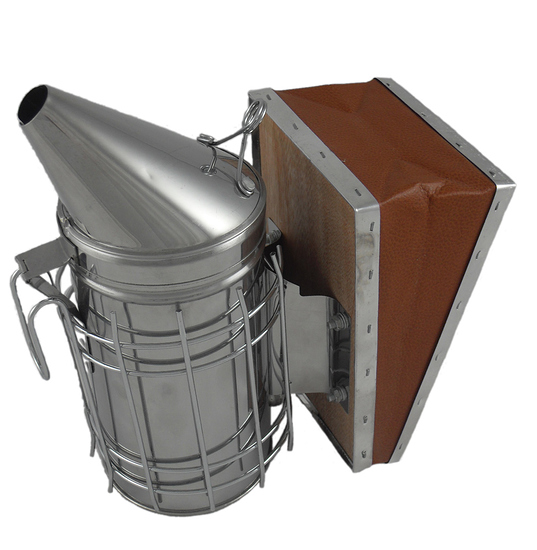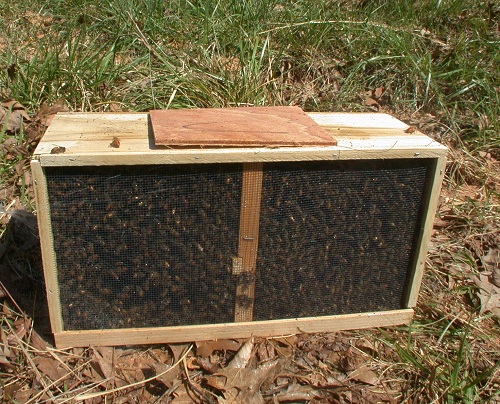Click here for the Master Bee Syndicate Post with links to all other posts
So it’s time to start thinking about getting the tools needed for keeping bees. Keeping bees can be sort of a costly endeavor. So you may want to buy your gear as you go along but there are a few things that you will want to have on hand before your bees arrive. Aside from the Hive itself which we will discuss in more detail in the next installment of Bee Syndicate. There are several tools that you will need to have for your first interaction with your bees. These are the basic tools of the trade. There are tons of other gadgets and gizmos that you can get to make your life easier when going on your adventure into apiculture, but for now we will just talk about the tools that you will just need to have right away.
Used is just fine for most of the things you will need. As the hobby of beekeeping can be a bit expensive thrift is a value that runs rampant in the beekeeping community. Most of the things you need can be purchased second hand online or at events your local beekeeping association ( likely you do have one of these near you.) but I would not recommend that you buy a second hand hive or a second hand spray bottle because of the risk of contamination If you get a secondhand hive that had previously had an infection of let's say American Foul Brood your bees will die. Not might they will die in fact if your hive gets this horrible infection you should probably burn your hive. A second hand spray bottle might have had chemicals in it at some point that may not agree with your bees. so buy them new
ebay is also a good place to check out for used gear too.
http://www.ebay.com/sch/i.html?_odkw=beekeeping&_osacat=0&_from=R40&_trksid=p2045573.m570.l1313.TR3.TRC2.A0.H0.Xused+beekeeping.TRS0&_nkw=used+beekeeping&_sacat=0
Speaking of local beekeeping association. Some of them will happily loan you certain items in your first year to help get you started. In addition to access to equipment and bees joining a Beekeeping association or club will give you access to people and knowledge. Inevitably you will run into a situation where you don't know what to do or you witness something in your hive that leaves you scratching your head, or flat out freaking out. It will be nice to have someone to call or email when your stuck or stumped. for me this club is BurghBees.( http://burghbees.com/ ) This group offers mentor programs, classes, and open apiaries events. So far my experience with them in the May Open Apiary event has been fantastic great people and lots of information. To find a beekeeping club near you check out... http://www.bees-on-the-net.com/beekeeping-clubs-bee-associations-groups/
Now on to the tools
The Hive tool

As the name implies this is the tool that lets you work in your hive. This strange looking tool is the Swiss Army Knife of beekeeping it is a durable and versatile piece of equipment.
The hive tool generally has 5 basic ( intended ) uses
- Scraper
This is used to scrape away Propolis, and clinging comb from your boxes and frames. You will need to do this a lot.
2.Pry bar.
Propolis is sticky stuff and the bees use it among other things they will use it to glue the hive boxes together. Sometimes you will need pry out staples and other things.
Nail puller
used for pulling out nails.Pull scraper
same as the push scraper but used in the opposite directionHammer
used for hammering in nails and staples
A lot of bee keepers prefer the J hook hive tool this hive tool has a J shaped hook on it used to help remove frames from the hive. This is a very useful feature and in my opinion worth the extra cash.
Smoker
One of the iconic Beekeepers tools the smoker is used to make your life easier getting into the hive. When you blow smoke into the hive it does a couple of things. First it disrupts the pheromone communication in the hive so that when your guard bees release the warning signal to rally the troops the message is never received by the other bees. Second It causes bees to think there is a fire near by and they gorge on honey in case they flee. once they eat a bunch of honey they get lethargic and slow and tend to not prefer to move unless they have to
Jacket with Veil and Gloves
Protects you and your close from the bees and propolis.
Bees Sting it's just one of the things they do the veil will prevent you from getting stung on the head and face. The jacket will protect your arms and upper body from stinging. ( Yes, you can get epic beekeeping pants too.) They also protect your cloths from propolis while honey and wax will come out in the wash propolis doesn't come out easily at all. Better to get that stuff on your jacket and pants then on your street clothes.
There are several types of gloves that you can get. Traditionally thick canvas gloves are used but some beekeepers prefer thick rubber gloves that you can get at home depot or certain types disposable medical gloves (surgical non-latex disposable nitrile gloves) supposedly the bees can't or won't sting through them. I have not used them but this is what I’m told.
Bee Brush.
A soft bristled brush used to gently move bees out of the way. Helps keep from needlessly crushing bees when moving frames and boxes.
Spray Bottle.

You will need this guy if you plan on getting your bees in a package. and again we will cover this in a future post but if you get bees this way you will use it to spray bees with a sugar water solution before you dump them into the hive. this will cause the bees to cluster together a bit as they focus on cleaning each other rather than flying up and harassing you as you transfer them into their new home.





